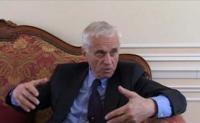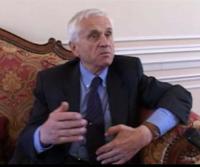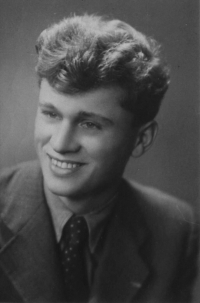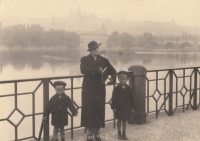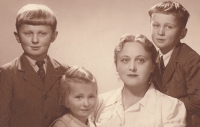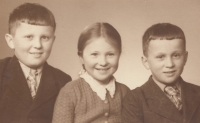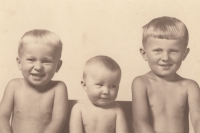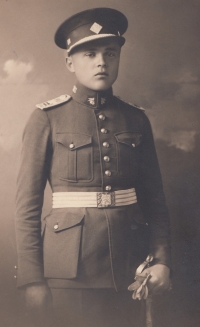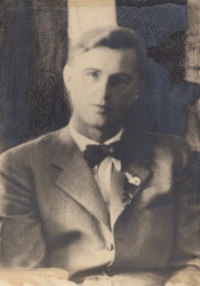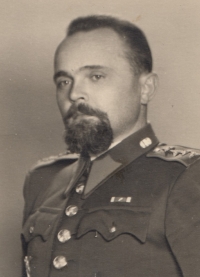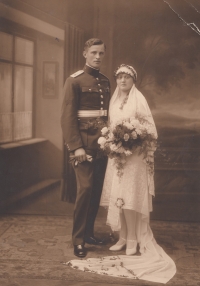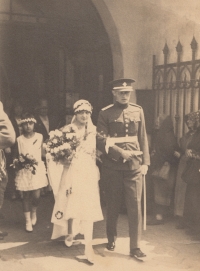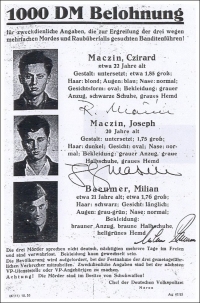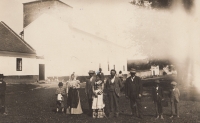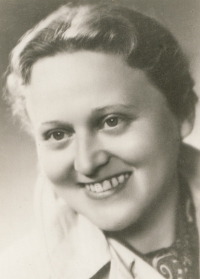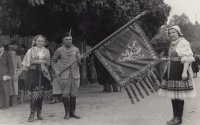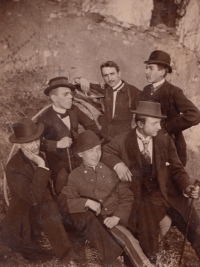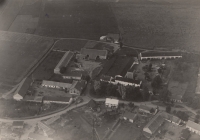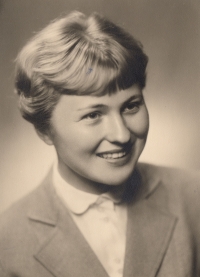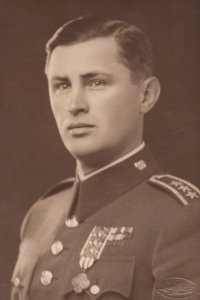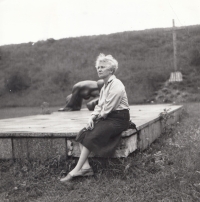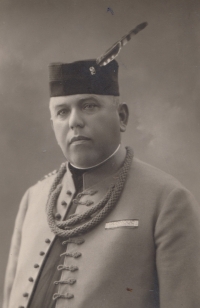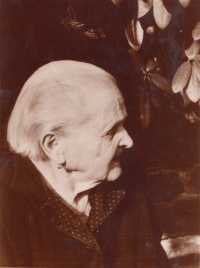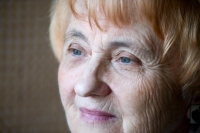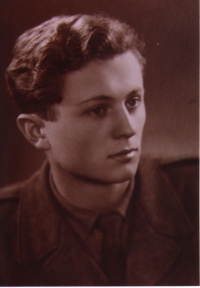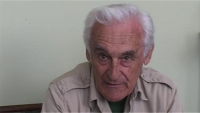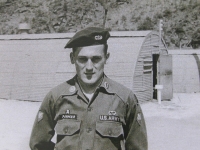He was killing communist pawns. “Memories don’t trouble me. I would do it again.”
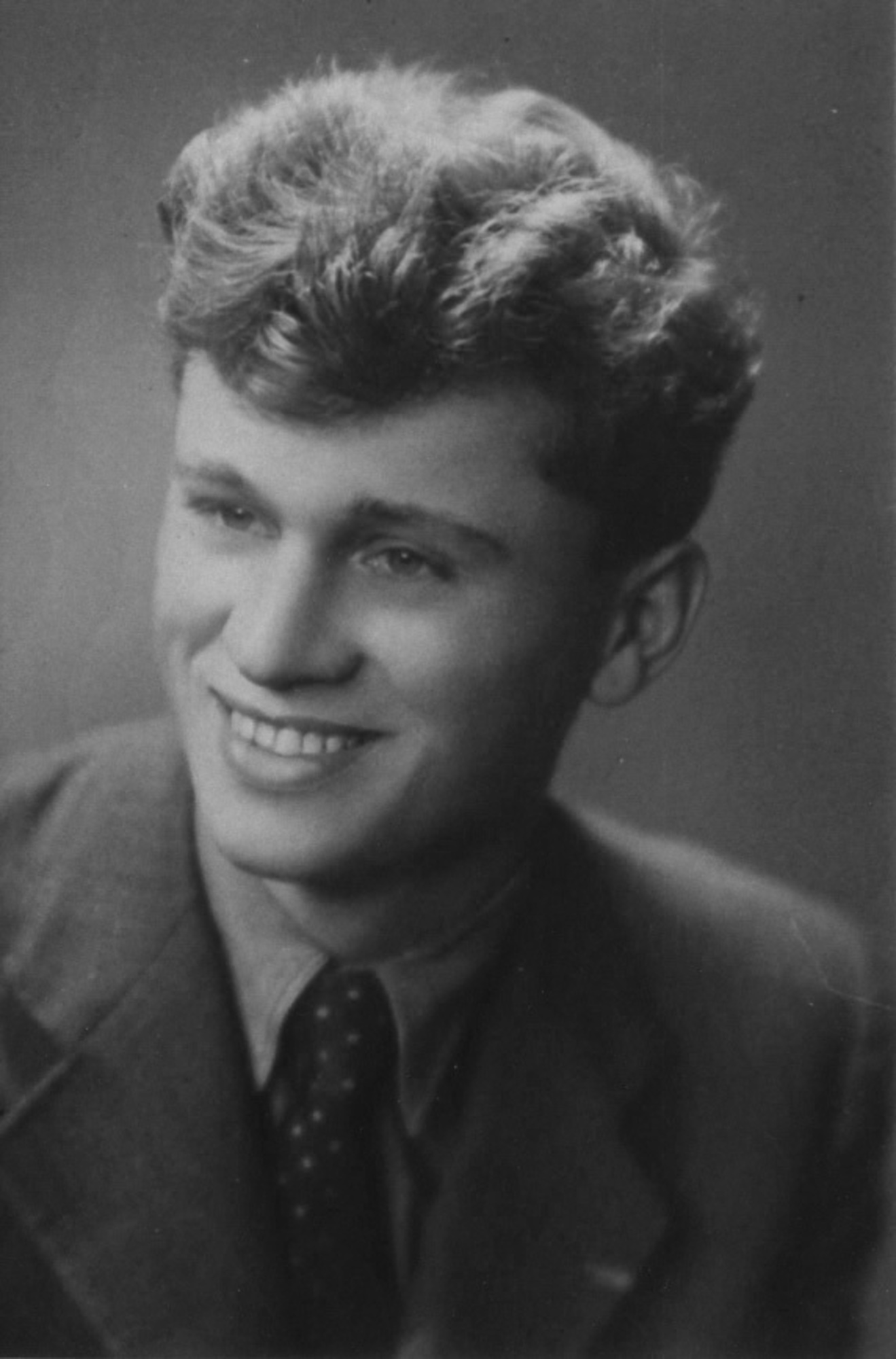
Download image
Josef Mašín was born on 8 March 1932 in Prague as the second son of a legionary and hero of the Second Resistance, Josef Mašín Senior. He was executed by the Nazis in 1942, and his wife was imprisoned, but both of his sons joined the anti-Nazi resistance. After the war, Josef and his older brother Ctirad received medals for bravery from President Beneš. After the communist coup in February 1948, the Mašín brothers decided to fight another totalitarian regime. They formed a resistance group to join the expected anti-communist uprising and carried out sabotage operations. For this, they needed weapons and money. Two SNB officers died at their hands when they ambushed two police stations where they intended to obtain machine guns, such as those possessed by their opponents. An ambush of a car carrying payroll to the Kovolis factory ended with the shooting of the company’s accountant. Members of the group made several attempts to leave the country illegally. They never intended to stay in the West, always planning to undergo training there and return as foot agents. In October 1951, on the eve of their first attempt to leave, both brothers and their uncle, Ctibor Novák, were arrested, and Josef spent several weeks in detention. In 1953, Josef Mašín attempted to cross the border for the third time, this time together with his brother Ctirad, Milan Paumer, Václav Švéda and Zbyněk Janata. In October, they crossed the East German border and after 29 days of persecution by the East German army and police, Josef Mašín, his brother Ctirad and Milan Paumer reached the American Free Zone in West Berlin. Václav Švéda and Zbyněk Janata were captured by the East German Volkspolizei, and in 1955, the Communist justice system in Czechoslovakia sentenced them and Ctibor Novák to death. Other relatives also received long prison sentences. After escaping to West Berlin, Josef Mašín served for five years in the US Army and then lived for a while in Cologne. He married and raised two daughters. In 1980, the family moved to Santa Barbara, California. In 2021, he was still living in Santa Barbara.
